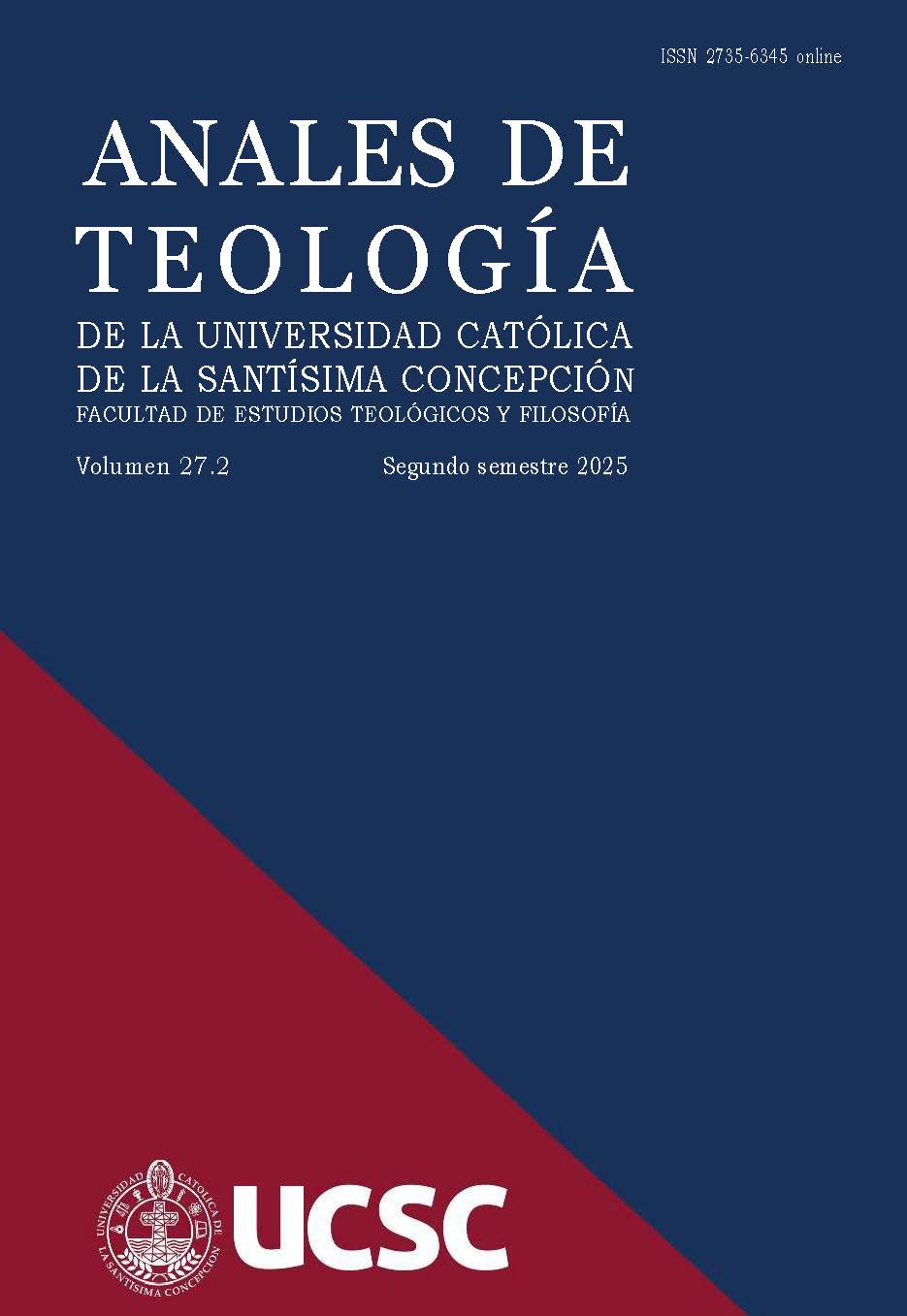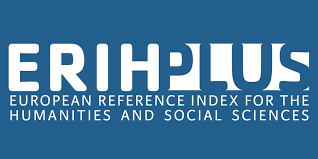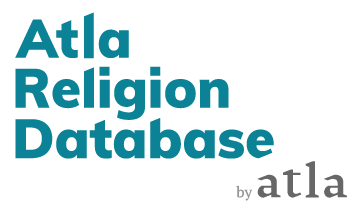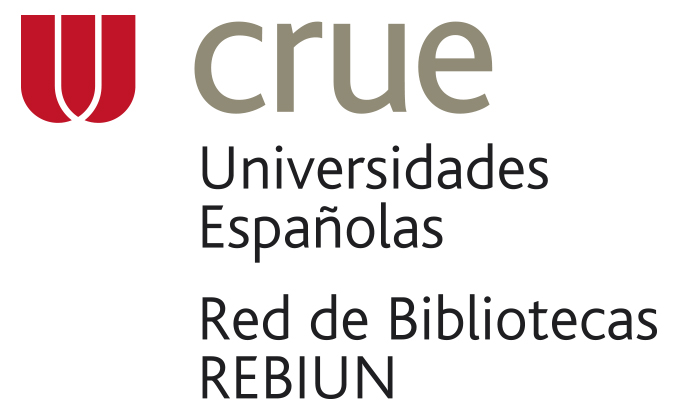Biblical Monotheism and Pancasila’s First Principle: A Christian Theological Engagement with Indonesian Religious Pluralism
DOI:
https://doi.org/10.21703/2735-6345.3162Keywords:
Monotheism, Divine Unity, Indonesian Pluralism, Christian Theology.Abstract
This article examines the theological concept of divine unity as reflected in Indonesia’s national philosophy, Pancasila, with a specific focus on its first principle, “Ketuhanan yang Maha Esa” (Belief in the one and only God). The research situates Christian biblical theology within the pluralistic religious landscape of Indonesia, articulating how the understanding of God’s unity informs interfaith dialogue and national cohesion. Employing a methodological approach grounded in exegetical analysis, the article elucidates the etymological, linguistic, and philosophical aspects of the Indonesian term ‘Ketuhanan’ (Divinity) and examines its implications for theological monotheism. Through a close reading of pivotal Old Testament texts, the article demonstrates that the affirmation of one God is deeply rooted in biblical revelation. This interpretative work seeks to corroborate the national ideology with scriptural truth, arguing that Pancasila can be affirmed by Christians not as a secular compromise but as a value resonant with the core tenets of their faith, thereby providing a theologically coherent basis for full participation in national life. The findings underscore the transformative role of biblical monotheism in shaping ethical citizenship and reinforcing the spiritual foundations of national identity. This article contributes novel insights into the integration of Christian theology with a pluralistic national ideology, critically discussing its implications for Christian inclusivity and civic responsibility within Indonesia's dynamic socio-religious landscape.
Downloads
References
BADUDU, J.S. - LESMANESYA, L. L. – MUCHTAR - WIJAYA KUSUMAH, H., Morfologi Bahasa Indonesia (Lisan), Departemen Pendidikan dan Kebudayaan Pusat Pembinaan dan Pengembangan Bahasa, Jakarta 1984. https://repositori.kemdikbud.go.id /3155/1/MORFOLOGI%20BAHASA%20INDONESIA-LISAN.pdf
BALLENTINE, D. S., “‘Monotheism’ and the Hebrew Bible”, Religion Compass 16.1 (2022). https://doi.org/10.1111/rec3.12425. DOI: https://doi.org/10.1111/rec3.12425
BOKOVOY, D., Authoring the Old Testament Genesis — Deuteronomy, Greg Kofford Books, Draper 2014.
FARIKHIN, A., “Tinjauan ideologis dan hubungan ekonomi islam dengan ekonomi pancasila” Perbanas Journal of Islamic Economics & Business 2.1 (2022) 118–127. https://doi.org/10.56174/pjieb.v2i1.23. DOI: https://doi.org/10.56174/pjieb.v2i1.23
FREVEL, C., “Beyond Monotheism? Some Remarks and Questions on Conceptualising ‘monotheism’ in Biblical Studies”, Verbum et Ecclesia 34.2 (2013). https://doi.org/10.4102/ve.v34i2.810. DOI: https://doi.org/10.4102/ve.v34i2.810
HEISER, M. S., “Monotheism and the Language of Divine Plurality in the Hebrew Bible and the Dead Sea Scrolls”, Tyndale Bulletin 65.1 (2014). https://doi.org/10.53751/001c.29367. DOI: https://doi.org/10.53751/001c.29367
HEISER, M. S., “Monotheism, Polytheism, Monolatry, or Henotheism? Toward an Assessment of Divine Plurality in the Hebrew Bible”, Bulletin for Biblical Research 18.1 (2008) 1–30. https://doi.org/10.2307/bullbiblrese.18.1.0001. DOI: https://doi.org/10.2307/26423726
JUNAEDI, J. - DIKI D. – ABDULLAH, A., “Pergumulan Pemikiran Ideologi Negara Antara Islam Dan Pancasila Dalam NKRI”, Edunity Kajian Ilmu Sosial Dan Pendidikan 2.2 (2023) 232–45. https://doi.org/10.57096/edunity.v2i2.66. DOI: https://doi.org/10.57096/edunity.v2i2.66
KLINE, M. G., Treaty of the Great King: The Covenant Structure of Deuteronomy: Study and Commentary, William B. Eerdmans Publishing Company, Michigan 1963.
LUMINTANG, STEVRI PENTI NOVRI INDRA., “Lordship and Humanity Principles for The Peace of Indonesia: An Integrative Study of Theology and Ideology”, Analisa: Journal of Social Science and Religion 6.2 (2021) 199–216. https://doi.org/10.18784/analisa.v6i02.1470. DOI: https://doi.org/10.18784/analisa.v6i02.1470
MULYATNO, C. B., “Pancasila as a Philosophical Basis of Religious Education in the Context of Indonesian Religious Diversity”, WISDOM 4.3 (2022) 101–11. https://doi.org/10.24234/wisdom.v4i3.806. DOI: https://doi.org/10.24234/wisdom.v4i3.806
NGGADAS, D. H. Y., “Monotheisme Yahudi Kuno Dan Doktrin Trinitas”, JURNAL LUXNOS 4.1 (2021) 53–94. https://doi.org/10.47304/jl.v4i1.123. DOI: https://doi.org/10.47304/jl.v4i1.123
OTTO, E., “Negative Theology as an Expression of God’s Freedom in the Torah of the Book of Deuteronomy and Wisdom Literature of the Hebrew Bible”, Verbum Vitae 41.3 (2023) 483–97. https://doi.org/10.31743/VV.16386. DOI: https://doi.org/10.31743/vv.16386
REGIANI, E. – ANGGRAENIE DEWI, D., “Pudarnya nilai-nilai pancasila dalam kehidupan masyarakat di era globalisasi”, Jurnal Kewarganegaraan 5.1 (2021). https://doi.org/10.31316/jk.v5i1.1402. DOI: https://doi.org/10.31316/jk.v5i1.1402
SANTIKA, I G. N. – KARTIKA, I M. – SUJANA, I G. – DWINDAYANI, N. M. A., “The Dynamic History of the Journey of Pancasila as the Foundation of the Indonesian State”, Journal of Sustainable Development Science 5.1 (2023) 25–32. https://doi.org/10.46650/jsds.5.1.1432.25-32. DOI: https://doi.org/10.46650/jsds.5.1.1432.25-32
SAPUTRO, A., “Sociological Foundation of Pancasila Education as the Original Identity of Indonesian Society”, Jurnal Etika Demokrasi 6.1 (2021) 45–53. https://doi.org/10.26618/jed.v6i1.4576. DOI: https://doi.org/10.26618/jed.v6i1.4576
SARI, E. - MU’MININ, Pengantar Morfologi Bahasa Indonesia (Bentuk, Hakikat, dan Objek), Lima Aksara, Jombang 2023.
SATRIANI, S., “Nilai Agama Dan Moral Untuk Anak Usia 4-6 Tahun: Analisis Kebijakan Terbaru.” Jurnal Obsesi: Jurnal Pendidikan Anak Usia Dini 7.5 (2023) 5418–26. https://doi.org/10.31004/obsesi.v7i5.4979. DOI: https://doi.org/10.31004/obsesi.v7i5.4979
SETIAWAN, Z., “Relasi penerimaan pa ncasila oleh ormas k eagamaan terhadap pengokohan nasionalisme dan ker ukunan antar umat beragama (Studi Kasus Nahdlatul Ulama Dan Hizbut Tahrir Indonesia)”, Sosio dialektika 2.2 (2018). https://doi.org/10.31942/sd.v2i2.2093. DOI: https://doi.org/10.31942/sd.v2i2.2093
SUGONO, D. (Ed.), Kamus Bahasa Indonesia, Pusat Bahasa Departemen Pendidikan Nasional, Jakarta 2008.
TUMANGGOR, I. A. – DONOBAKTI, Y. A. – SINURAT, Y., “Ketuhanan yang maha esa. Tinjauan Filosofis Atas Sila I Dari Pancasila”, in: Prosiding Seminar Nasional Filsafat Teologi (SENAFI) I: Hoax Dalam Perspektif Filsafat, Vol. 1, 2023.
VON RAD, G., Deuteronomy: A Commentary, The Westminster Press, Philadelphia 1966.
WALTON, J. H., Ancient Near Eastern Thought and the Old Testament: Introducing the Conceptual World of the Hebrew Bible, Baker Academic, Michigan 2006.
WORLD POPULATION REVIEW, “Muslim Population by Country 2023”, World Population by Country, 2023, https://worldpopulationreview.com/country-rankings/muslim-population-by-country.
Downloads
Published
Issue
Section
License
Copyright (c) 2025 Hanoch Herkanus Hamadi, M.Th

This work is licensed under a Creative Commons Attribution-NonCommercial 4.0 International License.
The Anales de Teología is an open access journal and does not charge for publication. In addition, it regulates its Copyright and access policy according to the Creative Commons Attribution-NonCommercial 4.0 International Public License (CC BY-NC 4.0), therefore sharing (reproducing and distributing the material in any medium or format) and adaptation (modifying, transforming, and creating from the material) is allowed as long as proper credit is given and the citation is included with the corresponding data. Moreover, it is not allowed to use the material for commercial purposes.




















